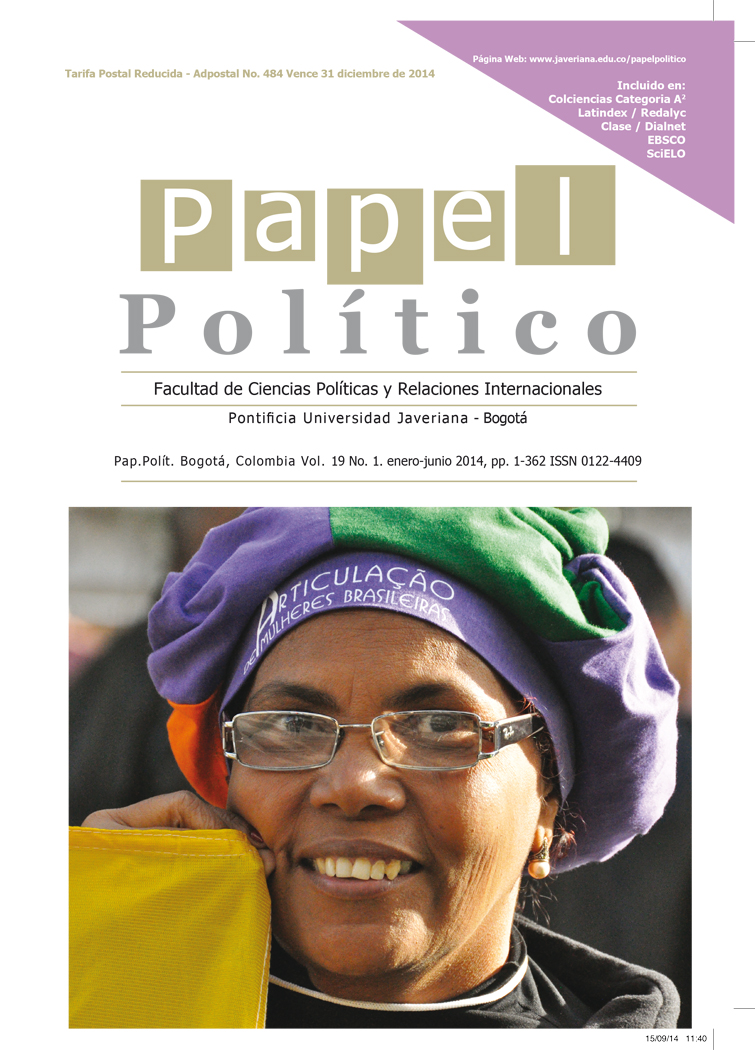Resumen
Colombia, Indonesia, Vietnam, Egipto, Turquíay Sudáfrica guiaron sus políticas exteriores paracumplir con las medidas del Consenso de Washingtone implementaron estrategias para atraerinversión extranjera a sus territorios como unaforma de superar la crisis de deuda externa delos ochentas. Una vez las reglas comerciales multilateralesfueron acordadas en la OrganizaciónMundial de Comercio (OMC), esos países alentaronsus políticas comerciales domésticas paraajustarse a esas reglas y a los estándares internacionalesde inversión promovidos por el BancoMundial. Luego de la creación del acrónimoCIVETS en 2009, como promisorias economíasemergentes, los grupos económicos transnacionalesfocalizaron su atención en los “nuevos milagros de inversión”, pero ningún interés handemostrado los gobiernos CIVETS por coordinarsus políticas exteriores económicas en asuntosde inversión. La administración colombianaactual se autoproclamó el liderazgo del grupo,mostrando la voluntad política de ir más allá,pero sin seguidores CIVETS sigue siendo unacrónimo. Argumento que los países CIVETS representanun caso de convergencia de las políticasexteriores económicas facilitado por razonessistémicas como la necesidad común de superarprocesos históricos de transición económica y deinsertarse exitosamente al comercio global; asícomo por variables domésticas como las ideas delos tomadores de decisión del grupo.Esta revista científica se encuentra registrada bajo la licencia Creative Commons Reconocimiento 4.0 Internacional. Por lo tanto, esta obra se puede reproducir, distribuir y comunicar públicamente en formato digital, siempre que se reconozca el nombre de los autores y a la Pontificia Universidad Javeriana. Se permite citar, adaptar, transformar, autoarchivar, republicar y crear a partir del material, para cualquier finalidad (incluso comercial), siempre que se reconozca adecuadamente la autoría, se proporcione un enlace a la obra original y se indique si se han realizado cambios. La Pontificia Universidad Javeriana no retiene los derechos sobre las obras publicadas y los contenidos son responsabilidad exclusiva de los autores, quienes conservan sus derechos morales, intelectuales, de privacidad y publicidad.
El aval sobre la intervención de la obra (revisión, corrección de estilo, traducción, diagramación) y su posterior divulgación se otorga mediante una licencia de uso y no a través de una cesión de derechos, lo que representa que la revista y la Pontificia Universidad Javeriana se eximen de cualquier responsabilidad que se pueda derivar de una mala práctica ética por parte de los autores. En consecuencia de la protección brindada por la licencia de uso, la revista no se encuentra en la obligación de publicar retractaciones o modificar la información ya publicada, a no ser que la errata surja del proceso de gestión editorial. La publicación de contenidos en esta revista no representa regalías para los contribuyentes.


